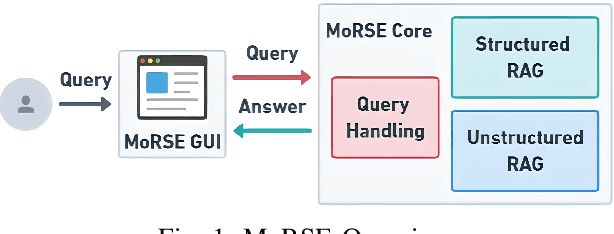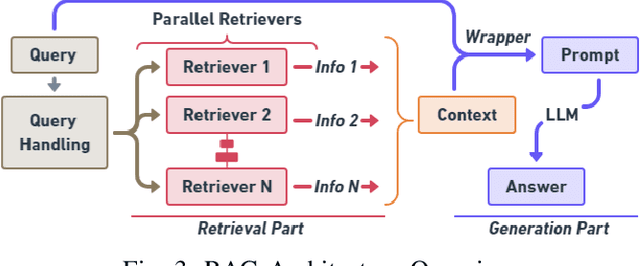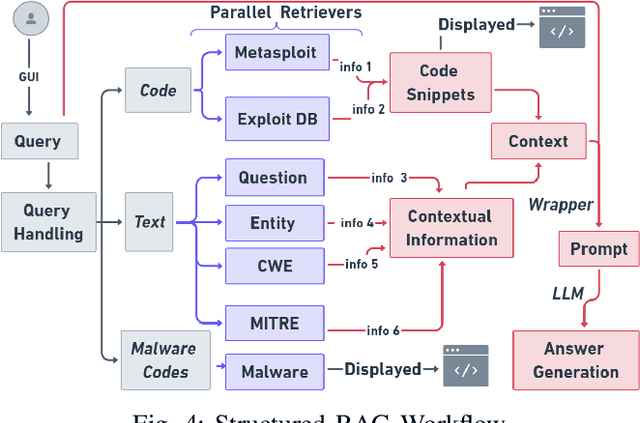Vinod P.
GShield: Mitigating Poisoning Attacks in Federated Learning
Dec 22, 2025Abstract:Federated Learning (FL) has recently emerged as a revolutionary approach to collaborative training Machine Learning models. In particular, it enables decentralized model training while preserving data privacy, but its distributed nature makes it highly vulnerable to a severe attack known as Data Poisoning. In such scenarios, malicious clients inject manipulated data into the training process, thereby degrading global model performance or causing targeted misclassification. In this paper, we present a novel defense mechanism called GShield, designed to detect and mitigate malicious and low-quality updates, especially under non-independent and identically distributed (non-IID) data scenarios. GShield operates by learning the distribution of benign gradients through clustering and Gaussian modeling during an initial round, enabling it to establish a reliable baseline of trusted client behavior. With this benign profile, GShield selectively aggregates only those updates that align with the expected gradient patterns, effectively isolating adversarial clients and preserving the integrity of the global model. An extensive experimental campaign demonstrates that our proposed defense significantly improves model robustness compared to the state-of-the-art methods while maintaining a high accuracy of performance across both tabular and image datasets. Furthermore, GShield improves the accuracy of the targeted class by 43\% to 65\% after detecting malicious and low-quality clients.
WeiDetect: Weibull Distribution-Based Defense against Poisoning Attacks in Federated Learning for Network Intrusion Detection Systems
Apr 06, 2025Abstract:In the era of data expansion, ensuring data privacy has become increasingly critical, posing significant challenges to traditional AI-based applications. In addition, the increasing adoption of IoT devices has introduced significant cybersecurity challenges, making traditional Network Intrusion Detection Systems (NIDS) less effective against evolving threats, and privacy concerns and regulatory restrictions limit their deployment. Federated Learning (FL) has emerged as a promising solution, allowing decentralized model training while maintaining data privacy to solve these issues. However, despite implementing privacy-preserving technologies, FL systems remain vulnerable to adversarial attacks. Furthermore, data distribution among clients is not heterogeneous in the FL scenario. We propose WeiDetect, a two-phase, server-side defense mechanism for FL-based NIDS that detects malicious participants to address these challenges. In the first phase, local models are evaluated using a validation dataset to generate validation scores. These scores are then analyzed using a Weibull distribution, identifying and removing malicious models. We conducted experiments to evaluate the effectiveness of our approach in diverse attack settings. Our evaluation included two popular datasets, CIC-Darknet2020 and CSE-CIC-IDS2018, tested under non-IID data distributions. Our findings highlight that WeiDetect outperforms state-of-the-art defense approaches, improving higher target class recall up to 70% and enhancing the global model's F1 score by 1% to 14%.
IntellBot: Retrieval Augmented LLM Chatbot for Cyber Threat Knowledge Delivery
Nov 08, 2024Abstract:In the rapidly evolving landscape of cyber security, intelligent chatbots are gaining prominence. Artificial Intelligence, Machine Learning, and Natural Language Processing empower these chatbots to handle user inquiries and deliver threat intelligence. This helps cyber security knowledge readily available to both professionals and the public. Traditional rule-based chatbots often lack flexibility and struggle to adapt to user interactions. In contrast, Large Language Model-based chatbots offer contextually relevant information across multiple domains and adapt to evolving conversational contexts. In this work, we develop IntellBot, an advanced cyber security Chatbot built on top of cutting-edge technologies like Large Language Models and Langchain alongside a Retrieval-Augmented Generation model to deliver superior capabilities. This chatbot gathers information from diverse data sources to create a comprehensive knowledge base covering known vulnerabilities, recent cyber attacks, and emerging threats. It delivers tailored responses, serving as a primary hub for cyber security insights. By providing instant access to relevant information and resources, this IntellBot enhances threat intelligence, incident response, and overall security posture, saving time and empowering users with knowledge of cyber security best practices. Moreover, we analyzed the performance of our copilot using a two-stage evaluation strategy. We achieved BERT score above 0.8 by indirect approach and a cosine similarity score ranging from 0.8 to 1, which affirms the accuracy of our copilot. Additionally, we utilized RAGAS to evaluate the RAG model, and all evaluation metrics consistently produced scores above 0.77, highlighting the efficacy of our system.
MoRSE: Bridging the Gap in Cybersecurity Expertise with Retrieval Augmented Generation
Jul 22, 2024



Abstract:In this paper, we introduce MoRSE (Mixture of RAGs Security Experts), the first specialised AI chatbot for cybersecurity. MoRSE aims to provide comprehensive and complete knowledge about cybersecurity. MoRSE uses two RAG (Retrieval Augmented Generation) systems designed to retrieve and organize information from multidimensional cybersecurity contexts. MoRSE differs from traditional RAGs by using parallel retrievers that work together to retrieve semantically related information in different formats and structures. Unlike traditional Large Language Models (LLMs) that rely on Parametric Knowledge Bases, MoRSE retrieves relevant documents from Non-Parametric Knowledge Bases in response to user queries. Subsequently, MoRSE uses this information to generate accurate answers. In addition, MoRSE benefits from real-time updates to its knowledge bases, enabling continuous knowledge enrichment without retraining. We have evaluated the effectiveness of MoRSE against other state-of-the-art LLMs, evaluating the system on 600 cybersecurity specific questions. The experimental evaluation has shown that the improvement in terms of relevance and correctness of the answer is more than 10\% compared to known solutions such as GPT-4 and Mixtral 7x8.
 Add to Chrome
Add to Chrome Add to Firefox
Add to Firefox Add to Edge
Add to Edge